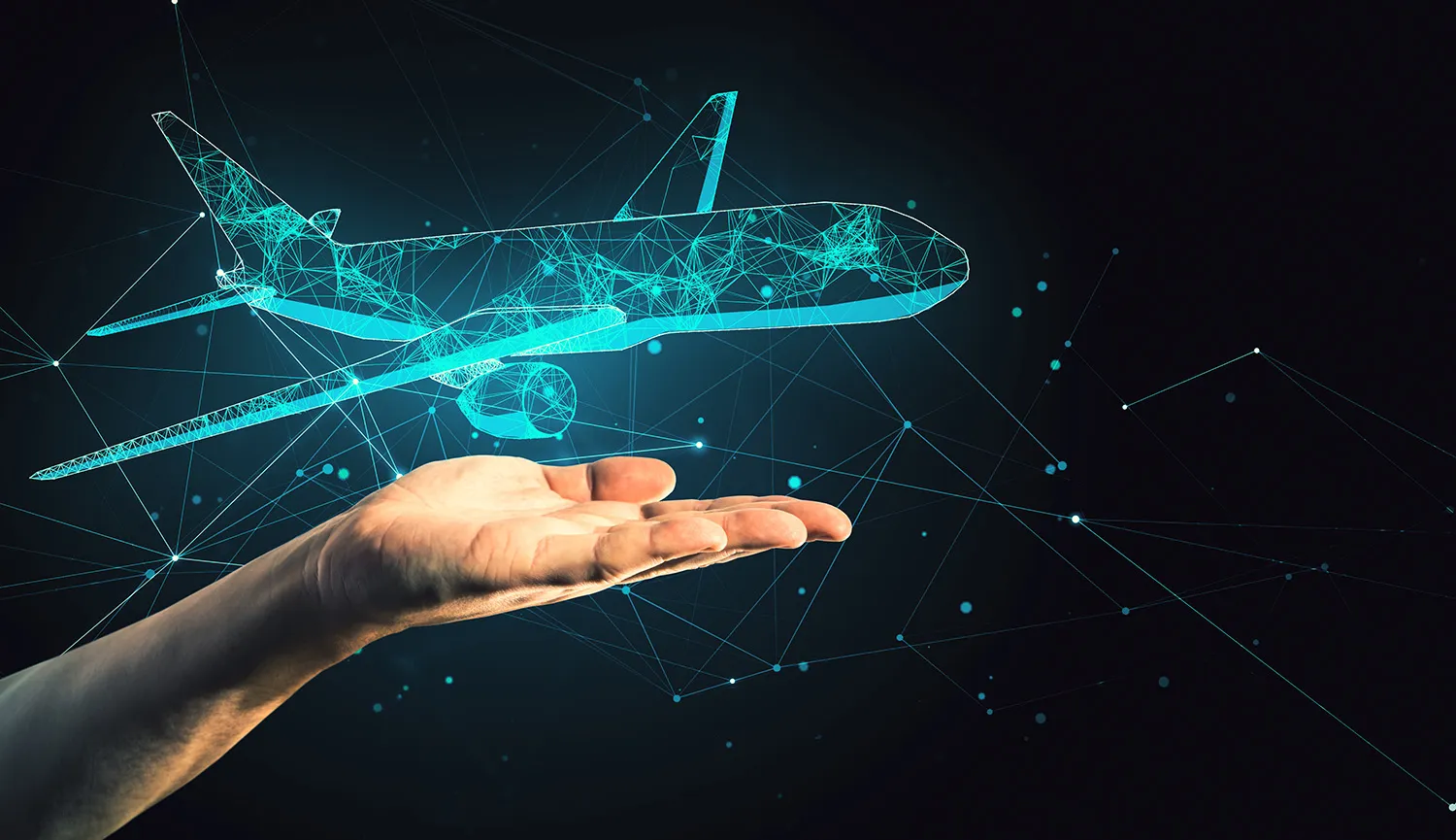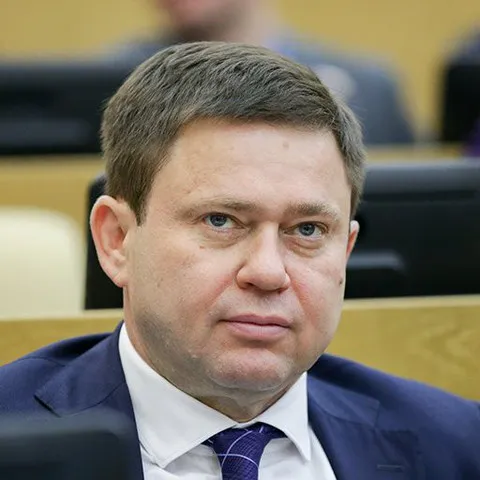Russia Plans AI-Powered Tourism Platform to Boost Regional Travel

A new law expected this fall will create a national AI-based digital platform for travelers—designed to improve trip planning, reduce costs, and stimulate local economies.
Tourism with up to 50% savings
The Russian State Duma’s Tourism Development Committee has introduced draft legislation to regulate the use of artificial intelligence in tourism. The bill is expected to be submitted to Parliament in fall 2025.
At its core is a proposal to create a unified national digital platform with integrated AI tools. The goal: to provide travelers with accurate, real-time information while saving them money. The platform will integrate government agencies, regional tourism offices, and private service providers.
This initiative is poised to accelerate digital transformation across the tourism sector, support domestic travel, and drive awareness of regional destinations. It will establish a government-regulated AI infrastructure to simplify access to local travel offerings. If successful, the platform could significantly increase tourism flows and regional revenues.

Russian residents could see cost reductions of 20% to 50% when planning trips, with access to constantly updated, personalized information on routes, transport, and accommodations. While the initial focus is on domestic travel, the underlying technologies could be exported to other markets in the future.
A model of tech leadership
If successfully implemented, the platform could become a valuable export product. Data protection and market-specific adaptation remain key hurdles to its international use.
Domestically, the project has strong potential, especially in underserved regional areas. The collaboration between public institutions and private companies aims to combine governance with tech-sector innovation—promising a holistic, future-forward solution.

Digital tourism momentum
The idea of using AI in tourism has been taking shape for several years. As early as 2021, similar solutions were piloted in Europe, particularly in personalized recommendation engines. From 2022 to 2024, digital infrastructure for tourism developed rapidly in Russia, including on regional websites and the federal public services portal.
In winter 2023, Sberbank and RZD’s Digital Passenger Solutions division signed an agreement that resulted in several real-world use cases for AI in tourism.
By July 2025, a dedicated working group on AI in tourism was launched, which developed the concept for the unified platform. The initiative is currently in the analytical phase, focusing on key challenges such as legal liability and data protection. The groundwork for an AI-enabled tourism system has long been underway, supported by Russia’s maturing digital ecosystem and international trends.

Next steps and national rollout
The bill is expected to be introduced during the upcoming fall session. Technical preparations are nearing completion, but key questions remain, including platform governance and cybersecurity safeguards.
A phased regional launch may begin soon after the law is passed. If AI can be fully integrated into public tourism services, Russia could see a measurable uptick in domestic travel and more efficient regional budgets.
Within two to three years, the system may be adapted for global markets through public-private partnerships and applied tech expertise.










































